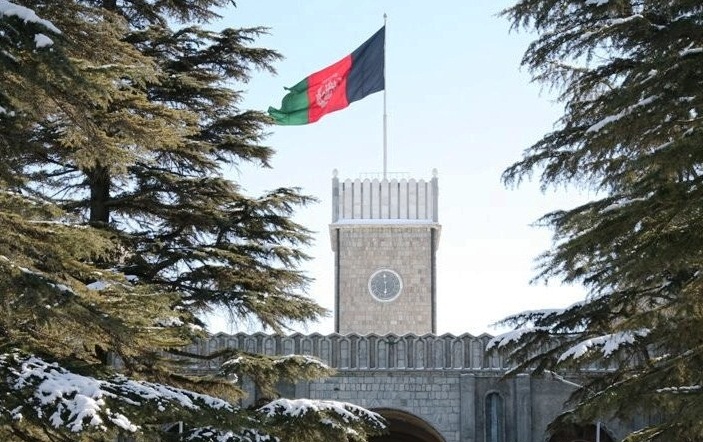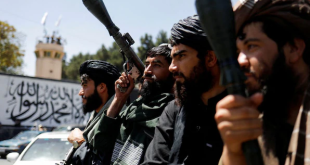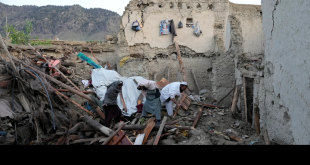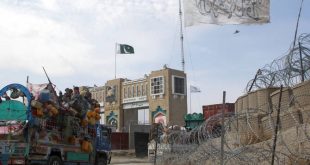AT News Report
KABUL: Today, May 22, is the last day of the national unity government, an administration formed by the US broker in September 2014 after none of two frontrunners in the president elections (President Ashraf Ghani and Chief Executive Abdullah Abdullah) managed to secure enough votes to prevent a power sharing deal.
Now, a large number of political leaders ask the president to step down from today, arguing that his continuing work would be against the constitution.
Also, a council shaped by 12 presidential candidates said
Tuesday that the extension of Ghani’s government would cause more instability.
The candidates want a caretaker administration to replace Ghani’s government
and avoid a power vacuum.
But, presidential office rejects requests, saying that Ghani would stay in
office until the new president swears in after the September presidential
polls.
People are worried about security if tensions emerge over
the power transition.
“In the past five years, ethnic prejudice was intensified, education faced
quotas, joblessness and poverty kneeled the people, Taliban and terrorist
groups got more power, casualties of security forces and civilians increased,
US dollar had unexpected jump against Afghan currency and most of the families
lack food,” said Abdullah Ramazanzada, a media activist.
Ali Amiri, student of political sciences, criticized Ghani’s governance, saying
that it created monopoly of power, ethnic rifts and centralizing of power to
one person.
“One person enjoyed all authorities in the national unity government. Even vice
president was sidelined. Government leaders spent five years with personal
tensions and failed to even form a complete cabinet.”
“The national unity government was not useful in many parts, but it was
injurious. Increasing insecurity, war, poverty and unemployment are all the
signs that explain weakness and defeat of the so-called national unity
government,” said Zia Mousavi, a Kabul city resident.
 Afghanistan Times
Afghanistan Times




